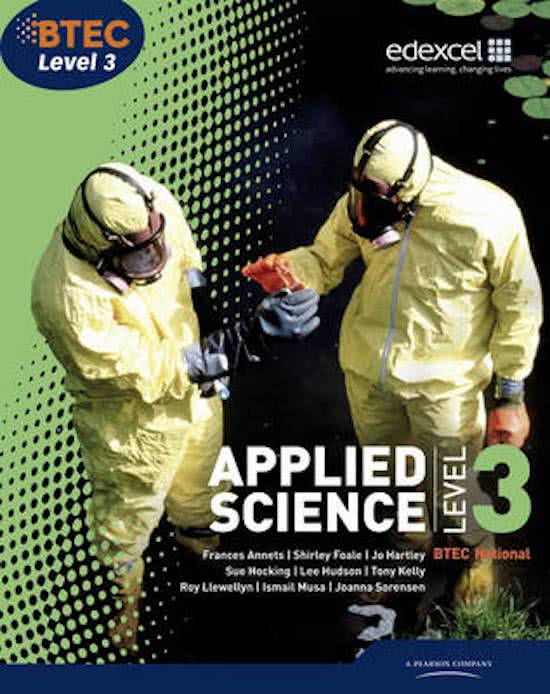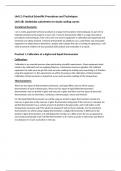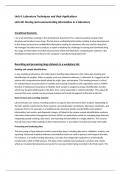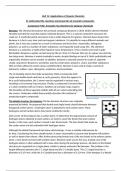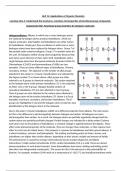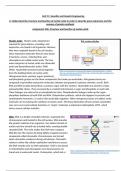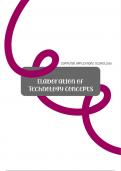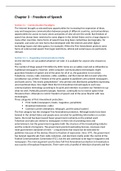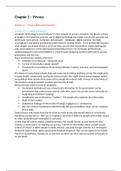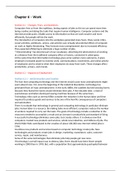Unit 2B: Undertake calorimetry to study cooling curves
Vocational Scenario:
I am a newly appointed technical assistant at a large chemical plant, Chemicalequip. As part of my
induction period and to progress in your role, I have to demonstrate skills in a range of practical
procedures and techniques. Part of my role is to ensure equipment is calibrated and equipment and
chemicals are safety checked. I need to demonstrate my ability to use a calorimeter and associated
equipment to obtain data to determine, analyse and evaluate the rate of cooling of substances. I will
need to present evidence of your practical skills analysis and evaluation in a report.
Practical 1: Calibration of a digital and liquid thermometer
Calibration:
Calibration is an essential process when performing scientific experiments. Many equipment used
needs to be calibrated such as weighing balances, colorimeters and even pipettes. We calibrate
equipment to make sure we get the most accurate readings by making sure everything is at 0 before
using the equipment. In this experiment we will be focusing on the calibration of thermometers.
Calibration of thermometers is important as we need accurate readings of the temperature.
Thermometers:
There are two types of thermometers electronic, and liquid filled, and we will be using a
thermometer of each of these types. There are four types of liquid filled thermometers
thermometer such as alcohol in glass and mercury in glass and there are four types of electronic
thermometer such as thermistor, resistance, thermocouple, rotary and Infrared.
For the liquid filled thermometer we will be using an alcohol in glass thermometer instead of a
mercury in glass due to the mercury in glass thermometer being toxic if the mercury is released. An
alcohol thermometer has a certain amount of alcohol in the glass tube, and it will widen as the
temperature increases and if the alcohol is released it will not harm anybody. For the electronic
thermometer we will be using a digital thermometer, A digital thermometer is different to the
alcohol in glass thermometer as it will display the number on a little screen for you as opposed to
you having to physically read it off the thermometer so it’s more accurate in that sense and there’s
no substance in it such as alcohol or mercury.
, Image reference: https://www.fromagex.com/int_en/alcohol-glass-thermometer-20-to-110-c.html
Image reference: https://www.3bscientific.com/us/digital-pocket-thermometer-1010219-
u29627,p_1136_17979.html
Aim:
To efficiently calibrate a liquid and digital thermometer.
Equipment:
Two 250ml Beakers
Digital thermometer
Liquid thermometer (alcohol)
Stopwatch
Ice
Kettle
Distilled water
Pen
Paper

